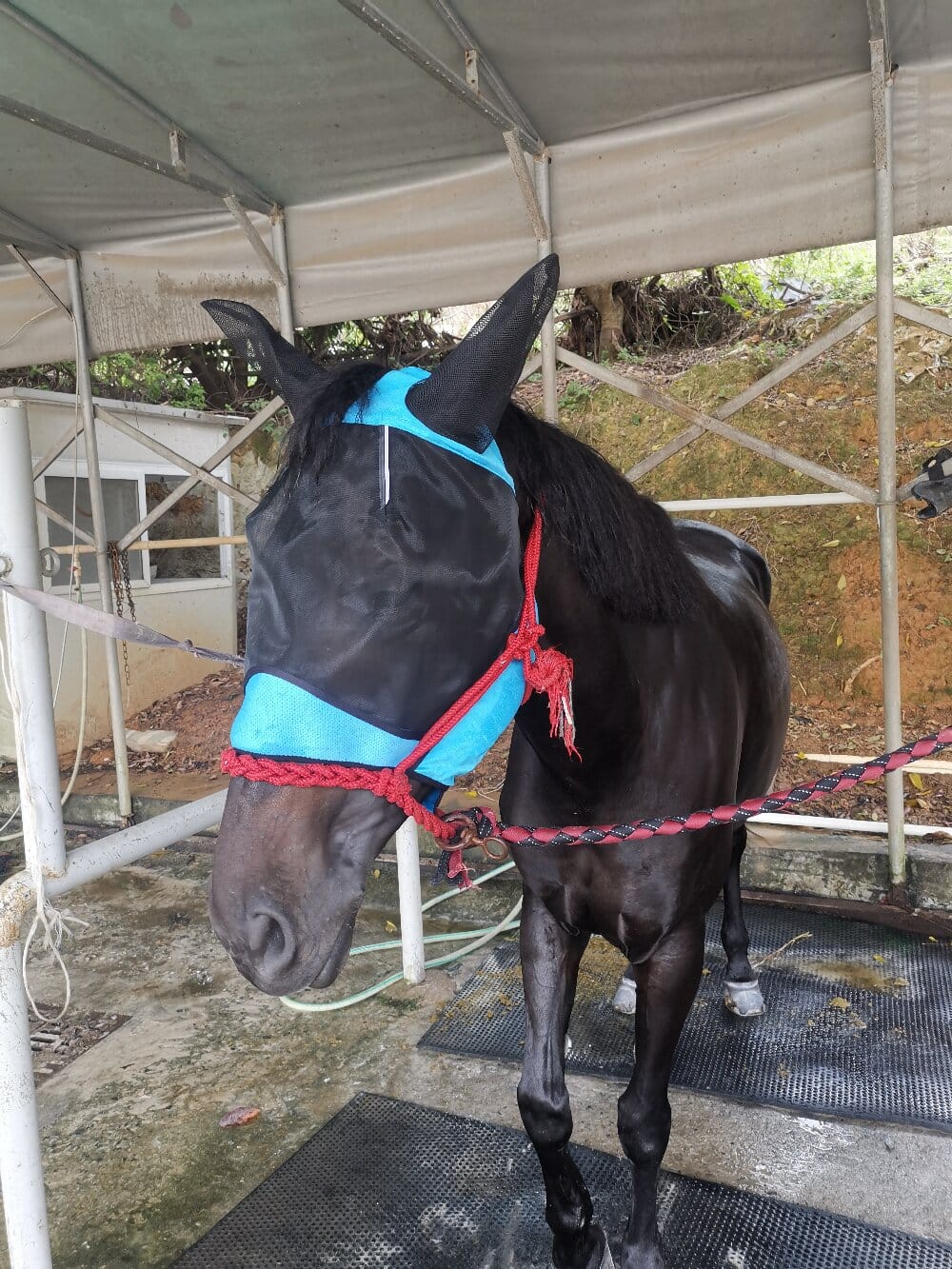A horse fly mask is an essential piece of equine gear designed to protect horses from irritating and potentially harmful insects. Flies, gnats, and other pests can cause discomfort, stress, and even health issues for horses, making protective gear like fly masks a must-have for responsible owners. These masks not only shield the eyes and face but also help prevent infections and allergic reactions caused by insect bites. Whether you’re a seasoned equestrian or a first-time horse owner, understanding the benefits and features of a fly mask is crucial for your horse’s well-being.
Why Every Horse Needs a Fly Mask
Horses are highly sensitive to pests, especially during warmer months when flies and mosquitoes are most active. A well-fitted horse fly mask offers several advantages:
- Eye Protection: Flies often target the eyes, leading to irritation and conditions like conjunctivitis.
- Reduced Stress: Constant swatting at flies can make horses anxious and less cooperative during training or riding.
- Prevention of Infections: Bites around the face can become infected if left untreated.
- UV Protection: Some masks include UV-blocking materials to safeguard against sun damage.
Choosing the Right Horse Fly Mask: Expert Insights
Selecting the best fly mask for your horse involves considering several factors. Equine experts recommend evaluating the following:
- Material: Look for breathable, lightweight fabrics like mesh to ensure comfort.
- Fit: A proper fit prevents rubbing and ensures full coverage without restricting movement.
- Durability: Reinforced stitching and high-quality materials extend the mask’s lifespan.
- Additional Features: Some masks offer ear covers, extended nose flaps, or reflective strips for nighttime visibility.
Common Misconceptions About Fly Masks
Despite their benefits, some horse owners hesitate to use fly masks due to misconceptions. Here are a few myths debunked:
- “Masks obstruct vision”: Modern designs use fine mesh that allows clear visibility while blocking pests.
- “Horses don’t need them in stables”: Flies can still enter barns, making masks useful even indoors.
- “All masks are the same”: Quality varies significantly, so investing in a reputable brand pays off.
How to Properly Care for a Horse Fly Mask
Maintaining your horse’s fly mask ensures longevity and hygiene. Follow these simple steps:
- Regular Cleaning: Hand-wash with mild soap and air-dry to prevent material degradation.
- Inspect for Damage: Check for tears or loose straps before each use.
- Proper Storage: Keep the mask in a dry, cool place when not in use.
Final Thoughts on Equine Fly Protection
A horse fly mask is more than just an accessory—it’s a vital tool for maintaining your horse’s health and comfort. By choosing the right design and caring for it properly, you can ensure your equine companion stays protected from pests year-round. Whether you’re dealing with summer swarms or year-round irritants, investing in a high-quality fly mask is a decision both you and your horse will appreciate.

